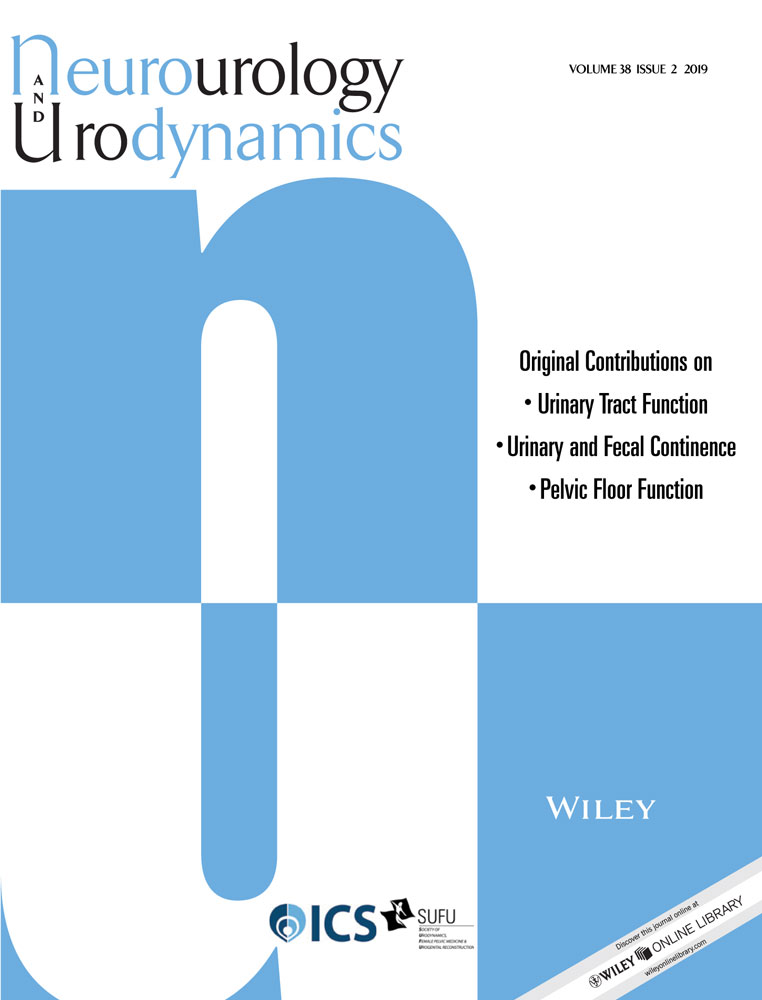Bladder management experiences among people living with neurologic disease: A systematic review and meta-synthesis of qualitative research
Abstract
Aim
To systematically review the qualitative literature on neurogenic bladder management to better understand the relevant psychosocial issues.
Methods
We used two reviewers to systematically review EMBASE, CINAHL, and PsycINFO for qualitative studies that included a neurogenic bladder patient population and were relevant to bladder management. We used a meta-ethnography technique to summarize and synthesize the data.
Results
We found 13 studies that were relevant. When choosing a bladder management technique (three studies), there were two major themes (bladder management decision makers, and characteristics and risks) that impacted the process. For studies evaluating life with a urinary catheter (five about intermittent catheters, and five about indwelling catheters), relevant themes could be arranged into three consecutive periods: First, a changed life (the initial stage of selecting and using a catheter: coping, teaching and technical challenges, and control and independence). Second, learning to live with a catheter (the practical skill and knowledge that goes into using a catheter: knowledge, adjustments, and normalization). Third, a new life (the acceptance and integration of a catheter into a person's life: problems and benefits, unpredictability, travel and social activities, intimacy and relationships, and dealing with negative emotions). Themes were generally consistent across studies.
Conclusions Several important themes were identified from the existing qualitative literature; these can provide insight into how neurogenic bladder patients select a bladder management method, and how physicians can optimize their counseling and the long-term management of these patients.




